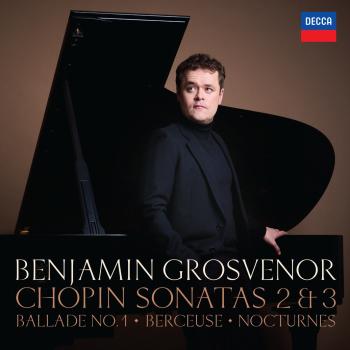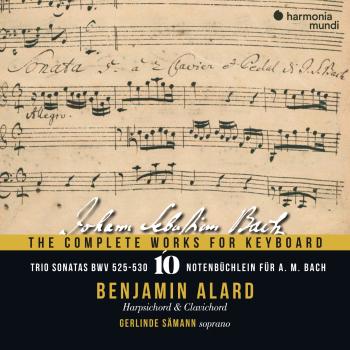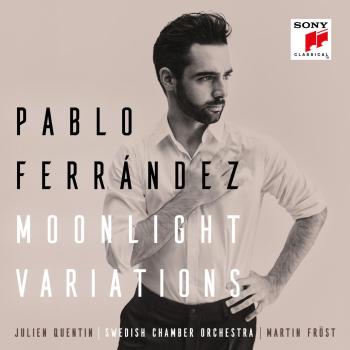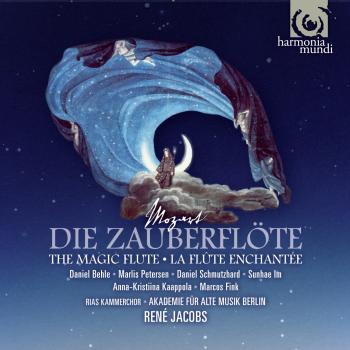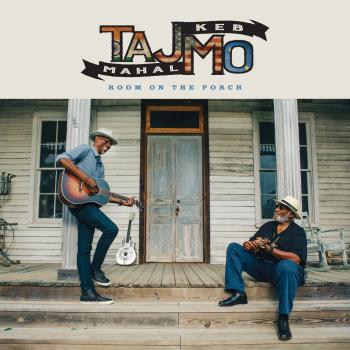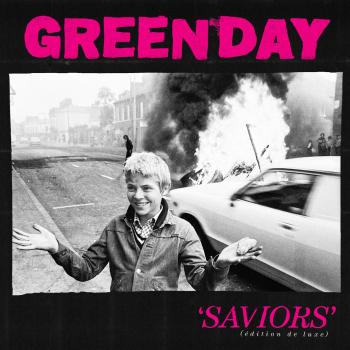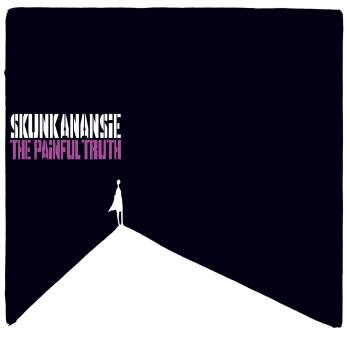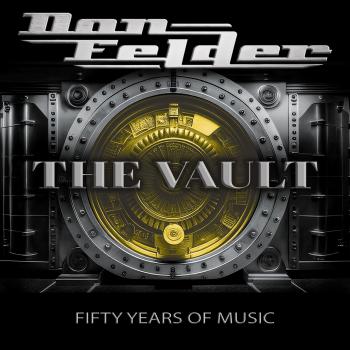
I Want You (Remastered) Marvin Gaye
Album info
Album-Release:
1976
HRA-Release:
26.02.2016
Label: UNI-MOTOWN
Genre: R&B
Subgenre: Soul
Artist: Marvin Gaye
Composer: Leon Ware, Arthur Ross, Jacqueline Dalia Hilliard, Marvin Gaye, T-Boy Ross
Album including Album cover
I`m sorry!
Dear HIGHRESAUDIO Visitor,
due to territorial constraints and also different releases dates in each country you currently can`t purchase this album. We are updating our release dates twice a week. So, please feel free to check from time-to-time, if the album is available for your country.
We suggest, that you bookmark the album and use our Short List function.
Thank you for your understanding and patience.
Yours sincerely, HIGHRESAUDIO
- 1 I Want You 04:34
- 2 Come Live With Me Angel 06:29
- 3 After The Dance 04:25
- 4 Feel All My Love Inside 03:23
- 5 I Wanna Be Where You Are 01:20
- 6 I Want You 00:20
- 7 All The Way Around 03:51
- 8 Since I Had You 04:04
- 9 Soon I'll Be Loving You Again 03:14
- 10 I Want You 01:41
- 11 After The Dance 04:37
Info for I Want You (Remastered)
Another in a series of superb wandering groove albums from the premier sweet soul singer. He took the standard three-minute pop soul song and expanded the format. It is Gaye that is responsible for today's smooching urban R&B; he was for much of his career many years ahead of the game. This has been described as his 'oral sex' album, not that the others were not; this has the erotic edge. Built around the title track, the album is a theme album and as such should be played as a whole. There are no 'Too Busy Thinking Bout My Baby's' on this; it is a much more challenging but satisfying work.
„I Want You, while it was a Top Ten smash for Marvin Gaye in 1976, is not as generally well-known as its predecessors for a number of reasons. First, it marked a sharp change in direction, leaving his trademark Motown soul for lush, funky, light disco. Secondly, its subject matter is as close to explicit as pop records got in 1976. Third, Gaye hadn't recorded in nearly three years and critics were onto something else -- exactly what is now anybody's guess. From the amazing Ernie Barnes cover painting 'Back to Sugar Shack' to the Coleridge-Taylor Perkinson string and horn arrangements to Leon Ware's exotic production that relied on keyboards as well as drums and basses as rhythm instruments, I Want You was a giant leap for Gaye. The feel of the album was one of late-night parties in basements and small clubs, and the intimacy of the music evokes the image of people getting closer as every hour of a steamy night wears on. But the most astonishing things about I Want You are its intimacy (it was dedicated to and recorded in front of Gaye's future second wife, Jan), silky elegance, and seamless textures. Gaye worked with producer Leon Ware, who wrote all of the original songs on the album and worked with Gaye to revise them, thus lending Gaye a co-writing credit. The title track is a monster two-step groover with hand percussion playing counterpoint to the strings and horns layered in against a spare electric guitar solo, all before Gaye begins to sing on top of the funky backbeat. It's a party anthem to be sure, and one that evokes the vulnerability that a man in love displays when the object of his affection is in plain sight. Art Stewart's engineering rounds off all the edges and makes Gaye's already sweet crooning instrument into the true grain in the voice of seductive need. 'Feel All My Love Inside' and 'I Want to Be Where You Are' are anthems to sensuality with strings creeping up under Gaye's voice as the guitars move through a series of chunky changes and drums punctuate his every syllable. In all, the original album is a suite to the bedroom, one in which a man tells his woman all of his sexual aspirations because of his love for her. The entire album has been referenced by everyone from Mary J. Blige to D'Angelo to Chico DeBarge and even Todd Rundgren, who performed the title track live regularly. By the time it is over, the listener should be a blissed-out container of amorous vibes. I Want You and its companion, Ware's Musical Massage, are the pre-eminent early disco concept albums. They are adult albums about intimacy, sensuality, and commitment, and decades later they still reverberate with class, sincerity, grace, intense focus, and astonishingly good taste. I Want You is as necessary as anything Gaye ever recorded.“ (Thom Jurek, AMG)
Marvin Gaye, vocals
Malvin 'Wah Wah' Ragin, guitar
Ray Parker, Jr, guitar
David T. Walker, guitar
Dennis Coffey, guitar
Jay Graydon, guitar
Sonny Burke, keyboards
John Barnes, keyboards
Jerry Peters, keyboards
Chuck Rainey, bass
Wilton Felder, bass
Ron Brown, bass
Henry Davis, bass
James Gadson, drums
Gary Coleman, percussion
John 'Jack' Arnold, percussion
Bobbye Jean Hall, percussion
Eddie 'Bongo' Brown, percussion
Recorded 1975–76 at Marvin's Room and Hitsville West in Los Angeles
Produced by Marvin Gaye, Leon Ware, Arthur 'T-Boy' Ross
Digitally remastered
Marvin Gaye
Brilliant, enigmatic, and headstrong, Marvin Gaye was an innovator. In 2009, he would have been 70 years old, and it has been 25 years since his tragic death. But today Marvin remains as influential and exciting as ever: Rolling Stone recently named him one of the greatest singers of all time.
He was born Marvin Pentz Gay Jr. on April 2, 1939, in Washington, D.C., where he dreamed of singing before large crowds; he joined a co-founded a local doo-wop group, the Marquees, who were spotted by Harvey Fuqua, who made them his new Moonglows. Marvin arrived in Detroit on tour with the Moonglows and stayed, as did Harvey, and Marvin was signed to Motown just based on raw singing talent. He was also a songwriter, an OK drummer-and handsome as hell. He wanted to sing jazz, to croon Tin Pan Alley standards, but that didn’t pan out. Motown founder Berry Gordy encouraged Marvin to sing R&B, and once Gaye sang the soulful (and autobiographical) “Stubborn Kind Of Fellow” in 1962, stardom enveloped him. The incendiary “Hitch Hike,” “Pride And Joy,” and “Can I Get A Witness” sold like crazy in 1963, and Marvin oozed silky sexiness on the 1965 classics “How Sweet It Is (To Be Loved By You),” “I’ll Be Doggone” and “Ain’t That Peculiar.”
By 1968′s immortal “I Heard It Through The Grapevine,” and on a series of electrifying duets with Mary Wells, Kim Weston (“It Takes Two”), and his ultimate singing partner, the ravishing but ill-fated Tammi Terrell (“Ain’t No Mountain High Enough,” et al), Gaye was a commercial force. He soon became recognized as an artistic one as well.
At decade’s turn, Marvin seized full control of his output with the deeply personal, socially aware 1971 masterpiece What’s Going On, which produced three hit singles: the title track, “Inner City Blues (Make Me Wanna Holler)” and “Mercy Mercy Me (The Ecology).” He defied expectations again with “Trouble Man,” a 1972 hit single featured in his haunting, jazzy score of the movie of the same name. He zoomed to the top of the charts with his passionate Let’s Get It On, while delivering a pop confection in Diana and Marvin, his duet album with Motown’s queen, Diana Ross. I Want You, released in 1976, was another sensual masterwork, a meditation on obsessive love that was also No. 1. Marvin made his personal life public through his songs, and it was never more evident in 1978′s Here, My Dear, a sprawling double-album chronicling his divorce from Anna Gordy, Berry’s sister. Even his No. 1 dance classic from 1977, “Got To Give It Up,” a studio cut added to flesh out the double-LP Live At The London Palladium, was about the singer’s reluctance to get loose on the dance floor.
Marvin left Motown in 1981, with the politically tinged album In Our Lifetime. He fled to London, then Belgium, where he created for Columbia Records “Sexual Healing,” his first Grammy® winner. But another hit was not salvation from his demons. On April 1, 1984, one day before his 45th birthday, Marvin was shot to death by his father.
Marvin’s influence reaches across the generations. He was rightfully among only the second group of artists honored with induction into the Rock and Roll Hall of Fame, in 1987. More recently, Marvin was No. 6 on Rolling Stone’s list of the 100 Greatest Singers Of All Time. “Motown Week” on American Idol 2009 (Season 8) featured remaining contestants singing not one but two of Marvin’s songs. His records-and his ringtones and his DVDs-are still going gold.
This album contains no booklet.

